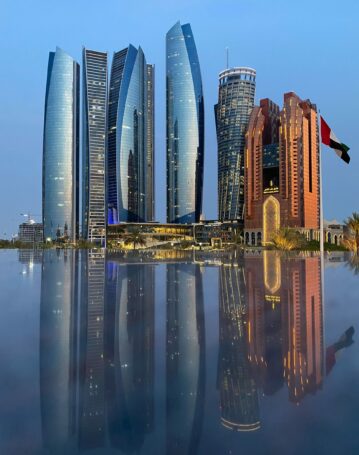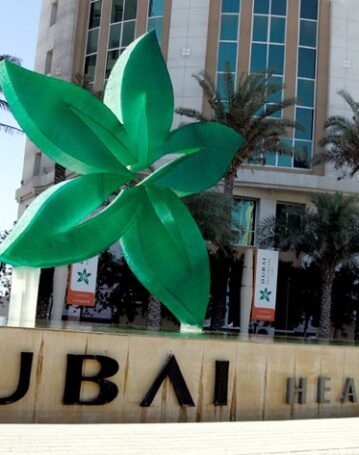A Comprehensive Guide to Dubai Mainland Licenses
Dubai, a global hub for commerce and innovation, continues to attract entrepreneurs worldwide with its progressive business policies and robust economic infrastructure. The government’s recent initiatives, such as reducing costs, introducing instant licenses, and allowing 100% ownership for commercial trading, have further bolstered Dubai’s appeal as a business destination. This article provides a detailed overview of the process, benefits, and types of licenses required for setting up a company in Dubai Mainland.
Understanding Business Licenses in Dubai Mainland
Before embarking on any business venture in Dubai, entrepreneurs must first secure a business license. Operating a company in Dubai Mainland without a trade license is a punishable offence. The Department of Economic Development (DED) is the regulatory authority responsible for issuing business licenses in Dubai Mainland. The DED offers three primary types of licenses:
- Commercial License: A commercial license caters to businesses involved in trading activities, including importing, re-exporting, and trading of permitted goods. This license covers sectors such as wholesale and retail trade, construction, transportation, stockpiling, communication, financial intermediation, real estate, and leasing. Foreign investors with a commercial license are entitled to 100% ownership of their company.
- Professional License: A professional license is designed for service-oriented activities and individuals who wish to utilize their expertise in a professional capacity. This license covers sectors such as education, health, social work, community, and social & personal services.
- Industrial License: An industrial license is required for activities that involve capital investment, such as manufacturing, mining, quarrying, electricity, gas, and water.
A sole proprietorship can be established with only one shareholder, who is also the owner of the company. The owner is solely responsible for the profits and liabilities of the business.
Foreign nationals are only allowed to start a sole establishment under professional activities.
An LLC is a popular choice among foreign investors. An LLC can be set up with 2 to 50 shareholders, each liable to the extent of his or her shares in the company.
Foreign investors can enjoy 100% LLC ownership on selected activities, including commercial licenses such as a General Trading License.
A civil company is a partnership business for professionals in fields like medicine, law, engineering, and accounting. Partners of any nationality can be involved, but a Local Service Agent (LSA) is required if the partnership doesn’t include UAE or GCC nationals.








